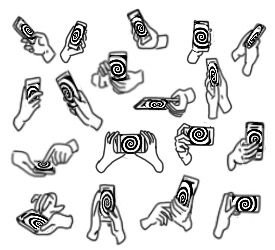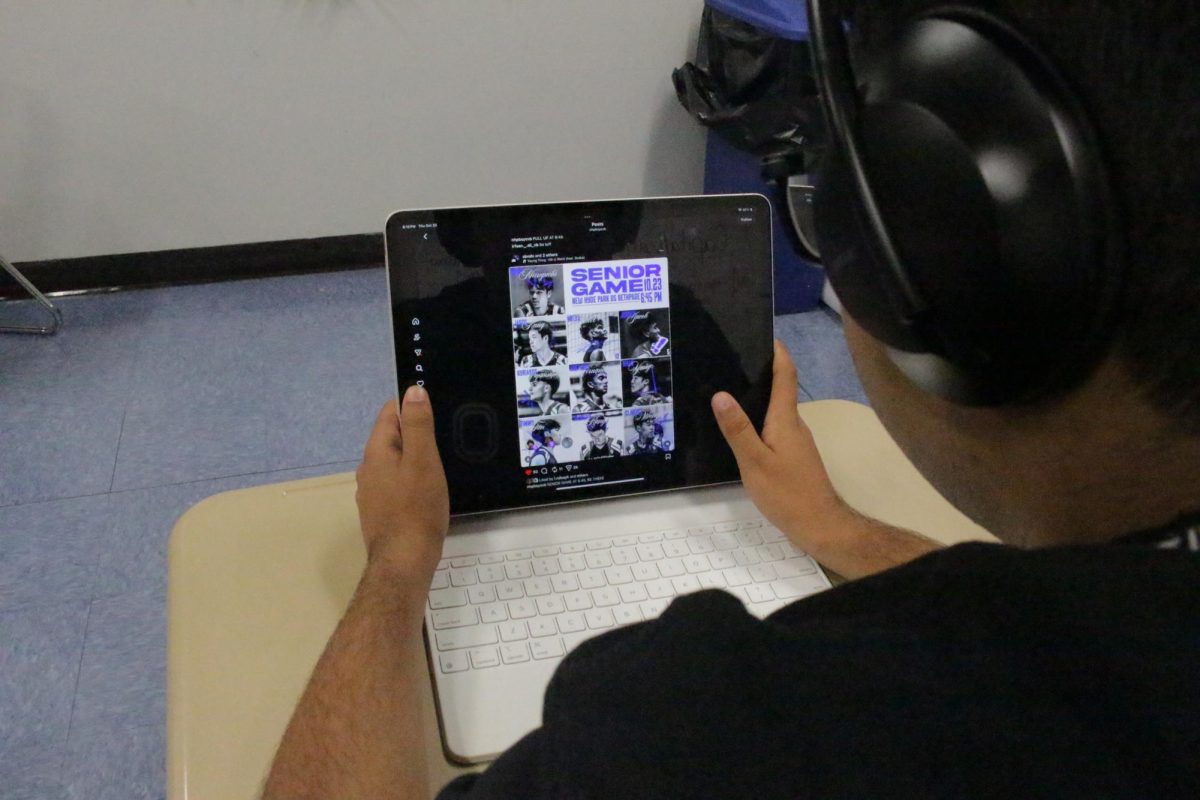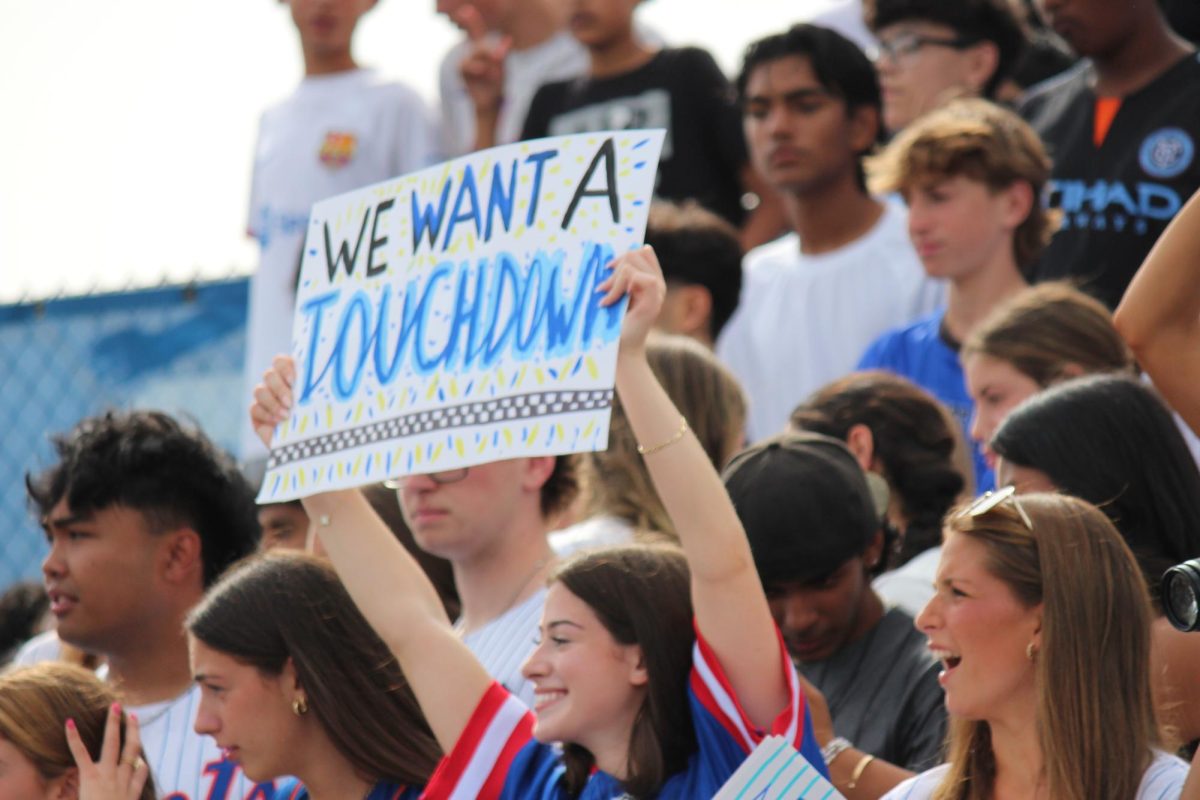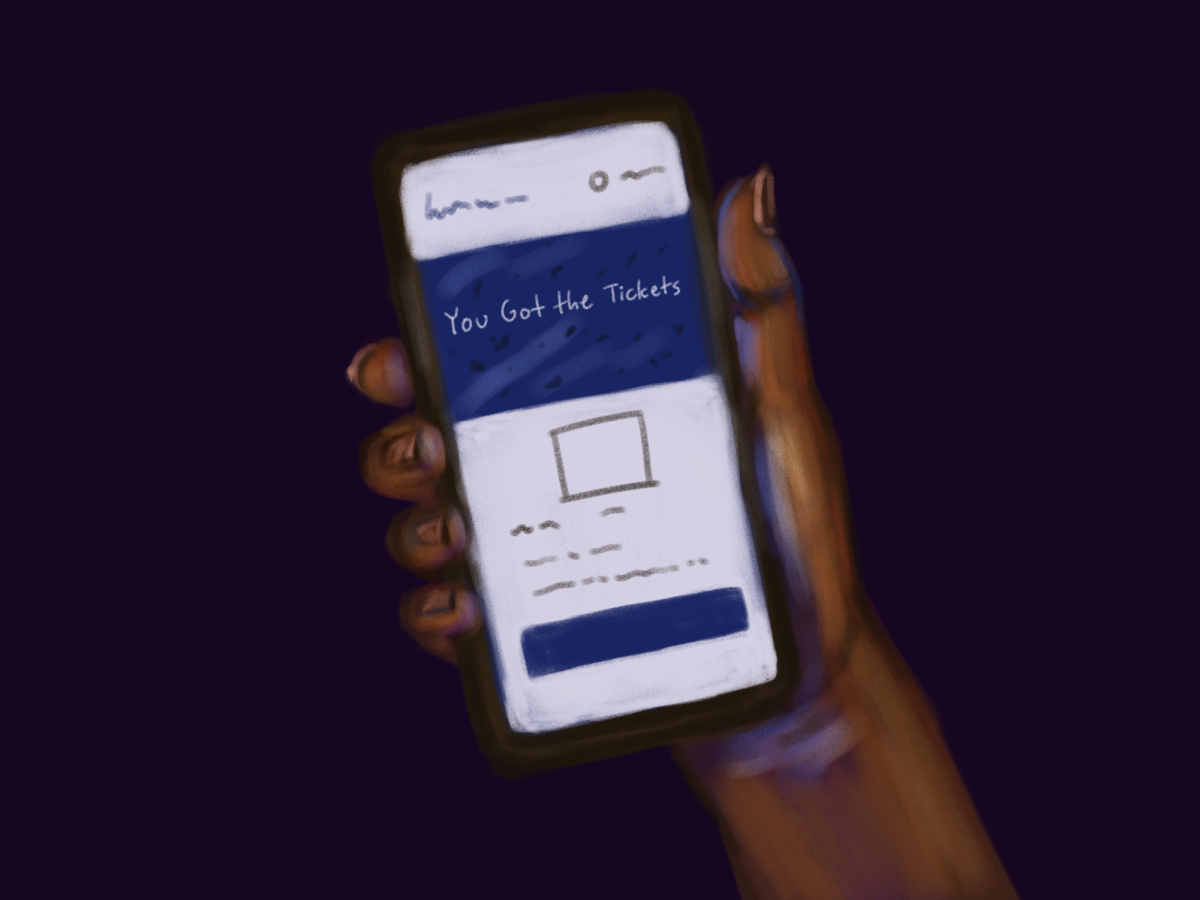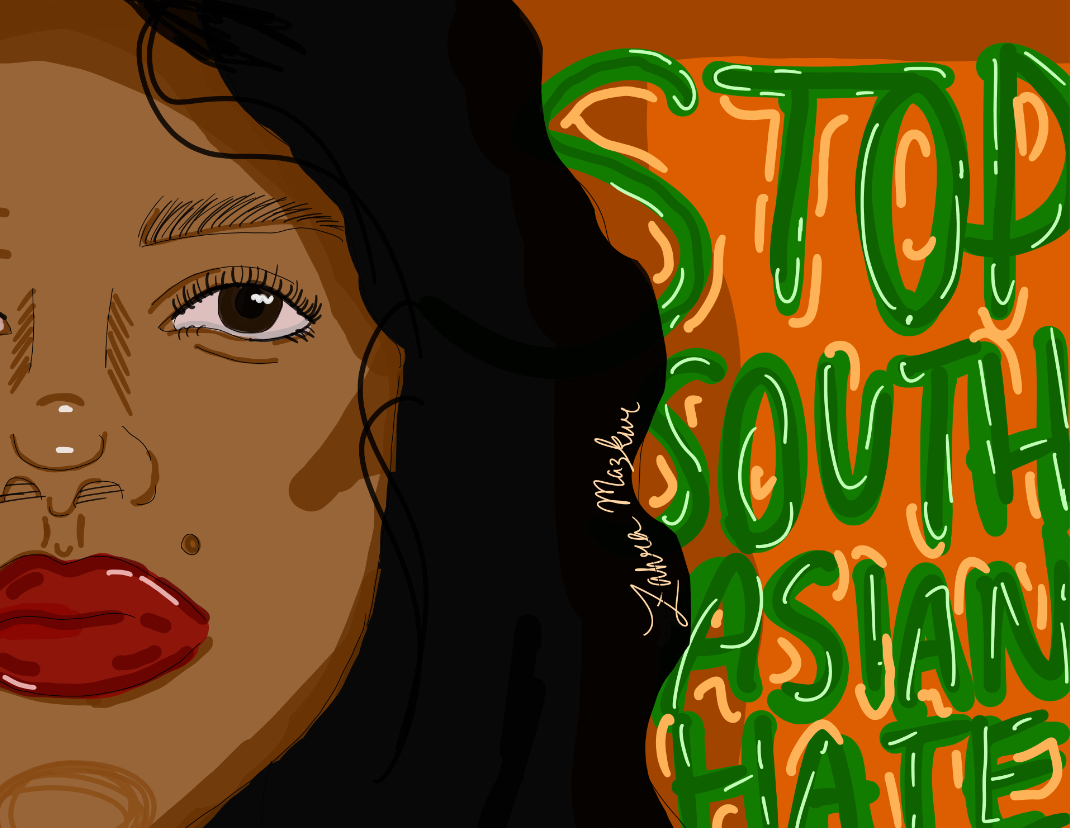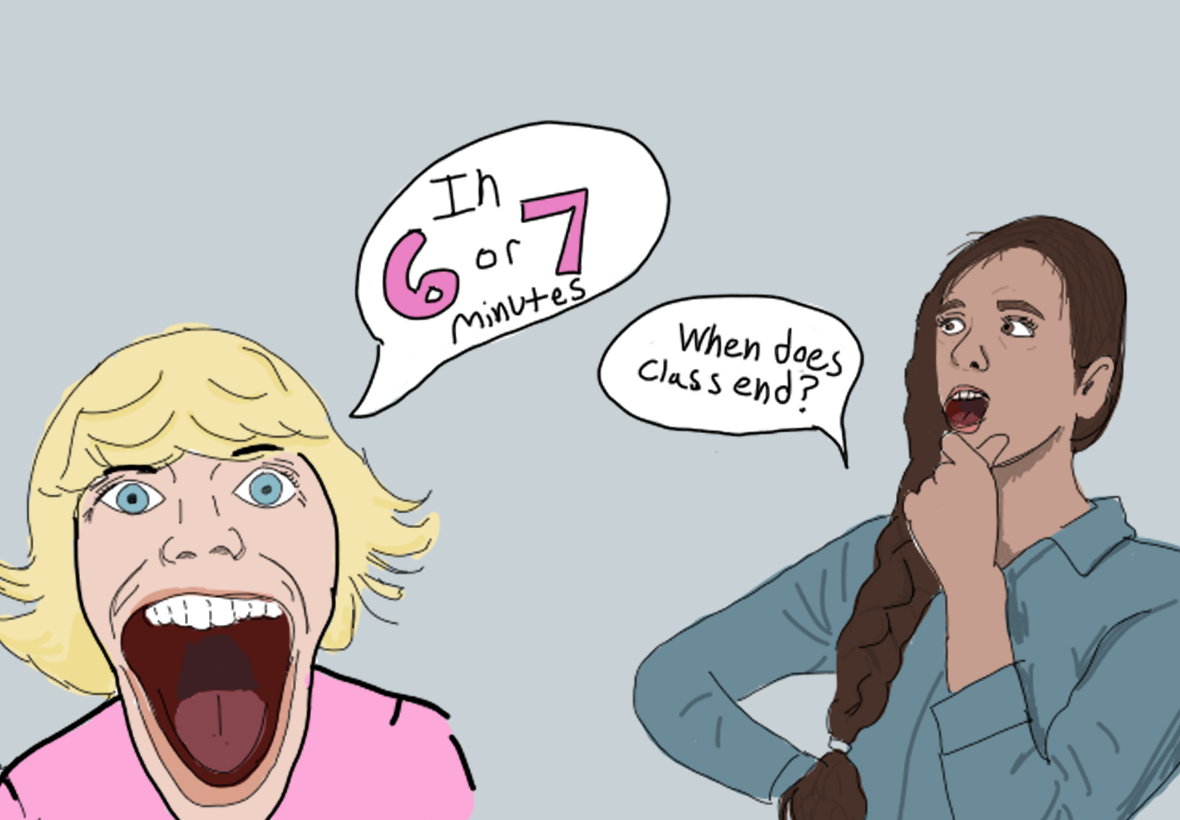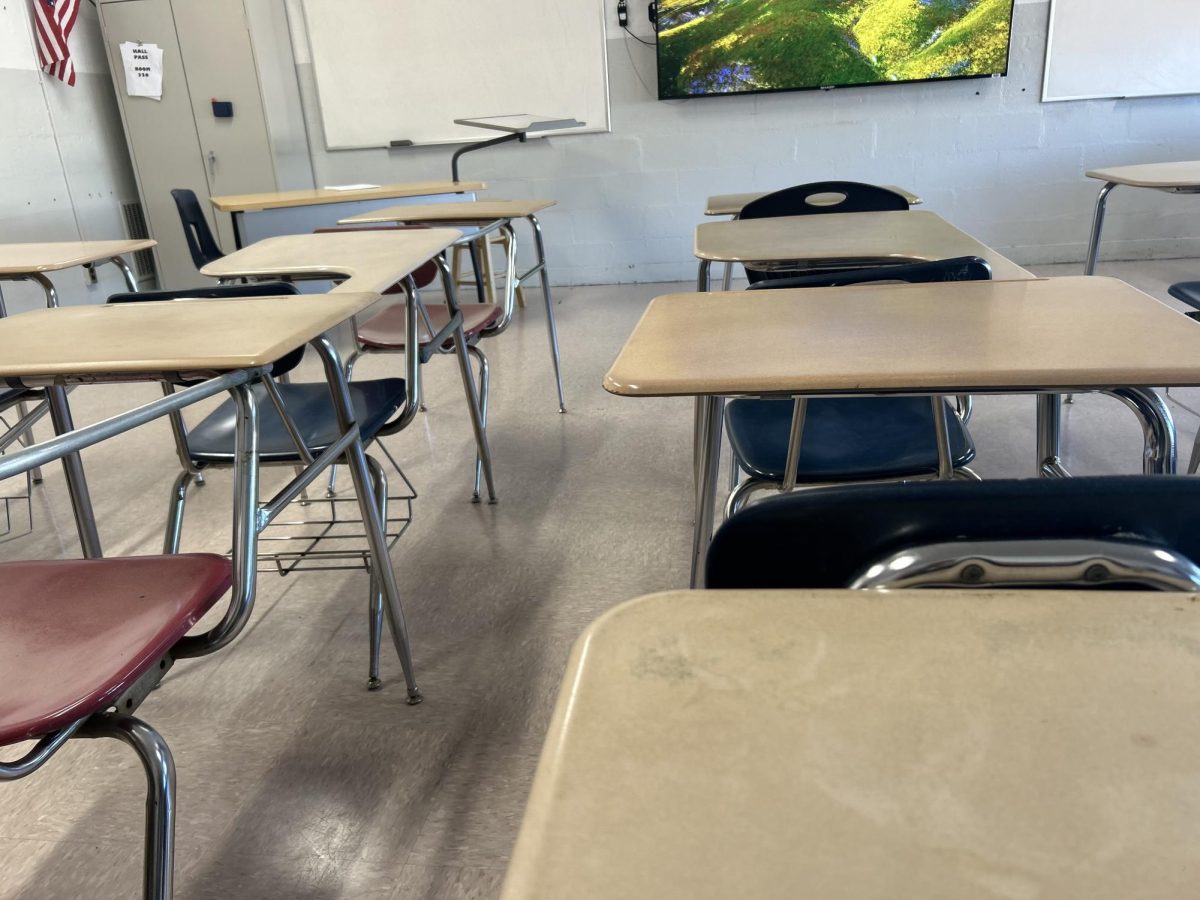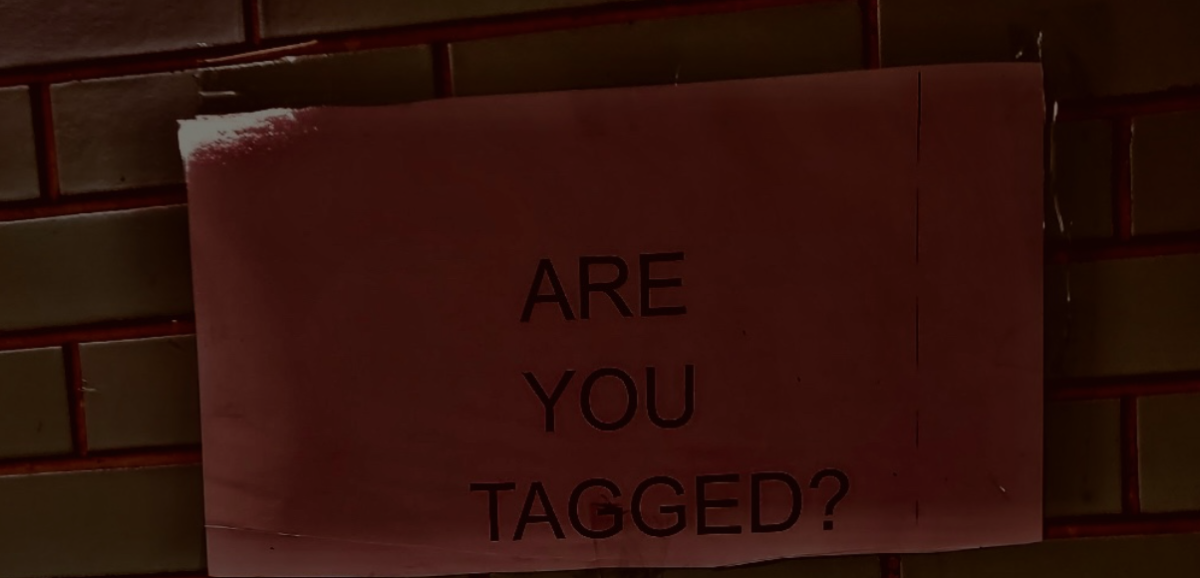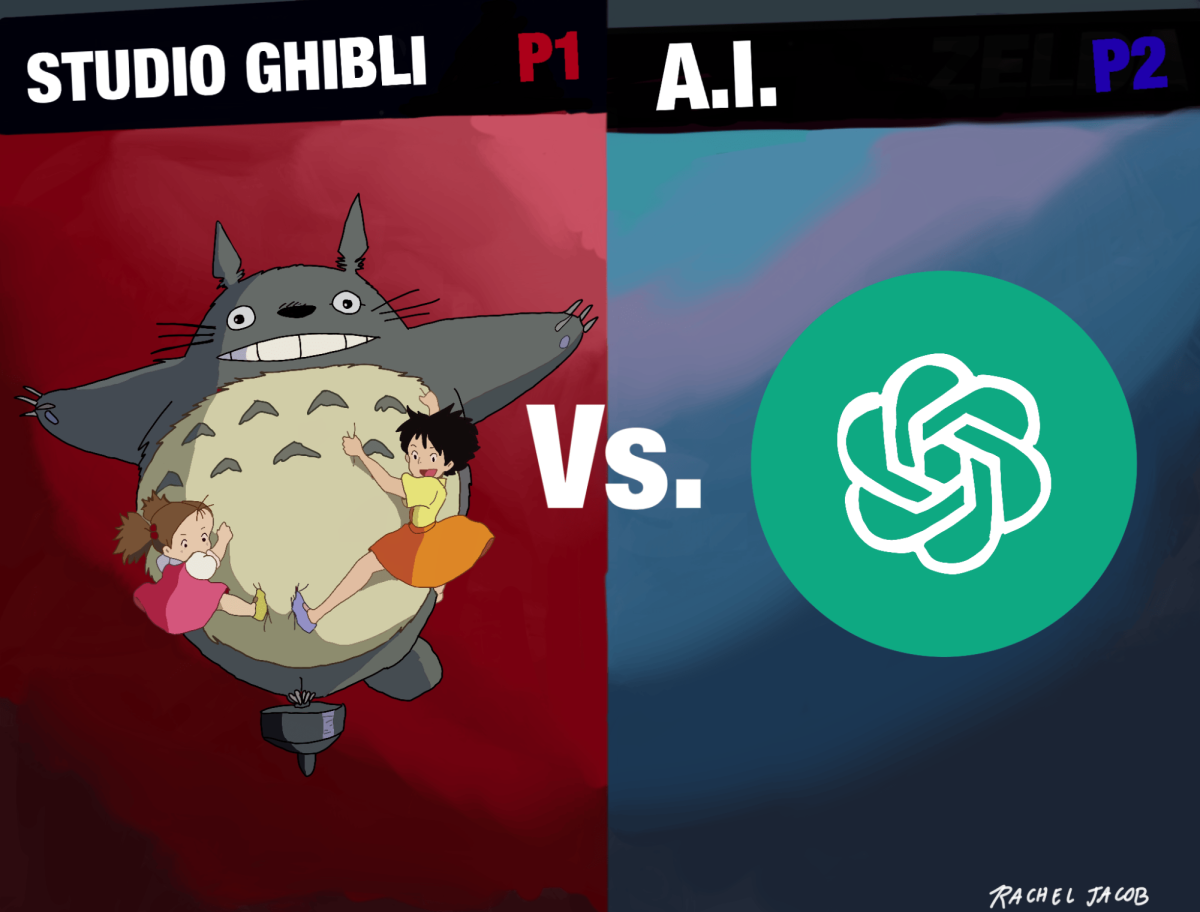TikTok has 150 million active monthly users in the United States, making it the most used social media app in the nation. However, a recent bill passed by the House of Representatives threatens TikTok’s presence in America. This has only intensified the controversy surrounding the app as users ask: will TikTok really be gone forever?
The primary reason for this controversy is the app’s Chinese ownership and the risk of potential data leaks. U.S. officials say that the parent company, ByteDance, could give personal information of the millions of Americans users to Beijing.
“As a teacher, although I don’t personally have a TikTok account, I’ve noticed that students have a much more limited attention span since the advent of TikTok. The mindless scrolling and instant gratification it gives seems to be detrimental to their brain development,” earth science teacher Ms. Mondello said. “Of course, TikTok is not solely to blame for this; just the use of devices and social media in general is the main issue. That being said, I think TikTok can provide beneficial information and students are learning a lot from certain videos. I agree with the ban. Not only is China data mining all these minors’ information, but the TikTok shop is disrupting the US economy.”
Since the controversy has risen, TikTok has taken steps to safeguard the data of Americans by storing it on U.S. servers. TikTok claimed that data had not been asked for and they would not share it if it were. Nevertheless, TikTok could easily lose this power, threatening the privacy of Americans. If Chinese authorities order it, ByteDance would be forced to hand over user data.
The bill is now headed to the Senate; if it passes the Senate, President Joe Biden said that he would sign the bill as well. Former President Donald J. Trump has previously tried to ban the app by executive order. The attempt in 2020 failed as courts blocked that effort. However, reports say that since this attempt, Trump has flipped his position on TikTok. Like government officials, American civilians are split. Recent numbers show that 31% of U.S. adults would vote for the nationwide ban, while 35% would oppose it. However, amongst daily users, a national ban is less likely, with 73% of those surveyed opposed to it.
ByteDance will have six months to sell the app to fulfill the requirements of the ban. If they find a buyer, the ban will never take place. If not, app stores and internet hosting companies in the United States will not be allowed to offer TikTok.
“I’m honestly neutral,” senior Grace Heskial said. “In a hypothetical situation where it does actually get banned, I’d be annoyed at first, but there are so many things similar to TikTok that, in my opinion, people would get over it.”
“I use TikTok daily for about an hour and a half a day,” freshman Vrunda Patel said. “Most of my time on TikTok is spent after school before doing homework or before going to bed. To be honest, if TikTok got banned I would find myself to be bored due to the fact that I often use TikTok when I am sitting around and doing nothing else. I strongly disagree with the banning because TikTok has become such a big part of our society, not only for teenage students but also for adults. Though short form content can seem to be pointless, it truly does teach meaningful lessons.”
While there are a number of people supporting and opposing the ban, TikTok is likely to face the ultimatum placed by the U.S. government to ensure American data protection. It is now in the hands of the Senate and President to determine the fate of the popular app.



